Some kinds of food can lessen the incidence of night-time bedwetting, while some others can actually increase it, so it seems sensible to think about what kinds of food your child is eating if they are prone to having accidents at night.
You may wonder, can too much sugar cause bed wetting and are there other foods that can stop bedwetting? Fortunately, those foods that are thought to help avoid accidents are also good for the whole family!
It is worth noting that there is not really any in-depth scientific evidence around food and bed wetting except in the case of fluids before bed. Every child is different, so what works for one may not for another.
If you suspect that foods are a problem, then keep a food diary and a bed wetting journal along side it to identify any triggers
“If you suspect that certain foods exacerbate your child’s bed wetting,” Judith adds, “then keep a food and bedwetting diary so that if there is a link, a pattern should emerge through the diary. This is also good information to take to your health care professional”.
Foods that should be avoided before bedtime
There are some foods that you think are great for your children because they are nutritious. However, some have been linked with kids wetting the bed more frequently, so they’re best to avoid in the evening and certainly after 6:00pm.
We all know that some foods can cause quite dramatic changes to our urine—if you eat asparagus, for example, you can often smell it in the urine.
Having too little fluids results in dark, concentrated urine and taking some vitamins leads to it turning bright yellow!
So, it’s no surprise that foods can cause changes inside our bodies and, importantly, our bladders.
Some foods to be aware of:
Dairy products
“In rare incidences, some children may have a condition called hypercalciuria meaning they have high calcium levels in the urine.” explains Judith.

“These high calcium levels can affect the body’s bladder control, leading to bedwetting in children. Hypercalciuria may be a symptom of another condition, or it may appear randomly on its own. The treatment for this is a low calcium diet, meaning a reduction of the amount of dairy products your child eats.”
You should not reduce dairy in your child’s diet unless specifically instructed to by your doctor because they have been diagnosed with hypercalciuria.
“A child’s (between one and three years old) calcium requirements are met by eating three portions of dairy each day. One portion is equivalent to 100ml of milk, one small pot of yoghurt or 20g of cheese.”
“If your child drinks a lot of milk before bed, this could contribute to bedwetting because of its fluid content.”
“Sensitivities to milk protein may enhance bedwetting, so if you suspect your child has an allergy to cow’s milk you may benefit from approaching your GP or dietitian for some guidance. Your child will most likely have other symptoms if they have a sensitivity to milk.’’
Fruit Juice

“This is a really good source of nutrition for your child. However, fruit juice has a high water concentration plus sugar, so avoid offering this in the evenings - but by all means include it with breakfast and lunch! Fruit juice is also acidic, which may be an irritant to the bladders of some children” Judith advises.
Wheat
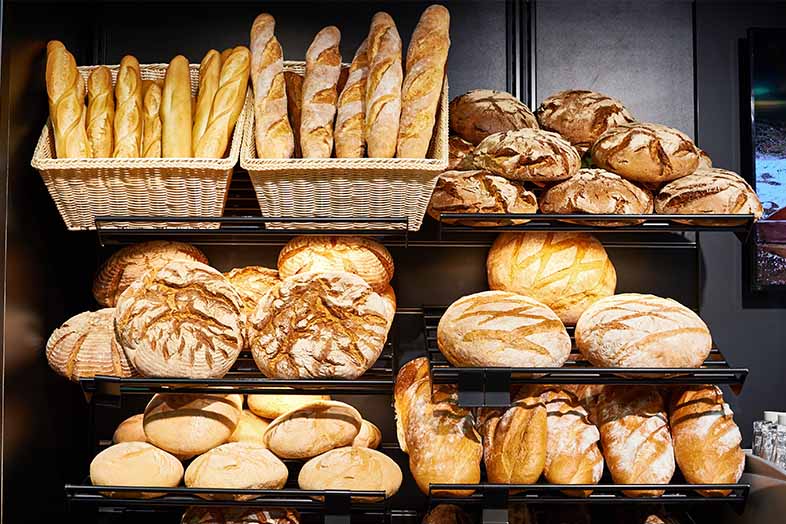
Judith says: “Gluten can have an inflammatory affect in the body (including the bladder) and your child may have a sensitivity to it, which might make children feel the need to pass urine more often; so think about their diet.”
“If your child is eating a lot of gluten and they are wetting the bed often, then they may have an undiagnosed sensitivity or intolerance to gluten. Again, this would most certainly be accompanied with other symptoms, such as tummy pain, diarrhoea or constipation.’’
Sugar and Artificial sweeteners
“Foods aimed at kids, such as sweets, jellies, some yoghurts, and desserts, are often packed with artificial flavours, and colours and sometimes contain sweeteners.”

"Sugar and sweeteners such as aspartame and products labelled ‘low sugar’ might seem like a great idea until you consider that they might increase your child’s chance of having an accident,” says Judith.
“Sugar is also bad if eaten too late at night. Sugar has an osmotic effect in the body, meaning that when sugar concentration is high, the body will draw water to dilute the concentration by making you thirsty, so you drink more water.”
Allowing your child to have too much sugar before bed could make them drink more water—which could initiate bedwetting.
Similarly, foods that contain dyes in the colours red, purple or blue may be a problem.
Carbonated drinks
Fizzy drinks can cause bedwetting, even if they don’t contain caffeine and sweeteners. They are high in sugar, making the child thirsty.
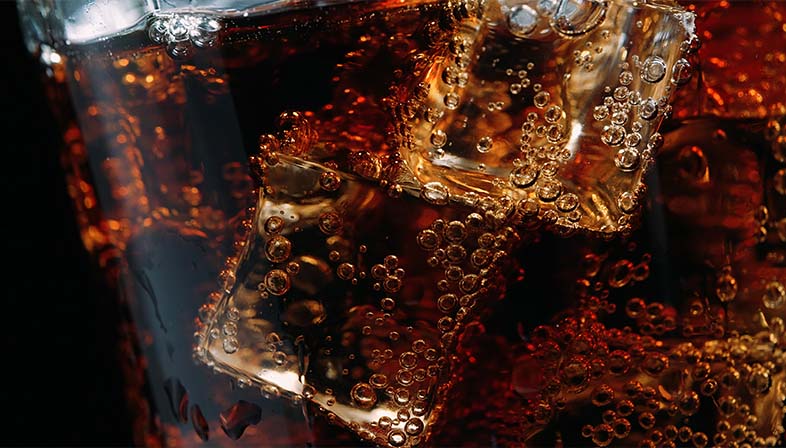
“Coffee and tea are also culprits,” Judith continues, “as they do contain caffeine and are diuretics (things that make us want to pee more). We know not to give our children caffeine but it is worth noting that many fizzy drinks contain caffeine and are high in sugar, so are not appropriate for a child.”
Other foods that may cause bedwetting
“Some believe that spicy foods are a problem – though many kids don’t especially like them, so this may be easy to avoid!”

“Tomato-based foods may be a culprit – again, these are quite acidic. Chocolate or cocoa is also on the naughty list, as is salt,” Judith concludes.
Can any foods help reduce the chance of bedwetting?
If some foods cause bed wetting, surely there are others that can cure it? Well, not quite but there are some that can definitely help.
Speaking to Judith, healthy food that is rich in nutrients such as folates, vitamin B12, Omega 3 and fibre and a good source of both protein and carbohydrate can help your child feel satisfied.
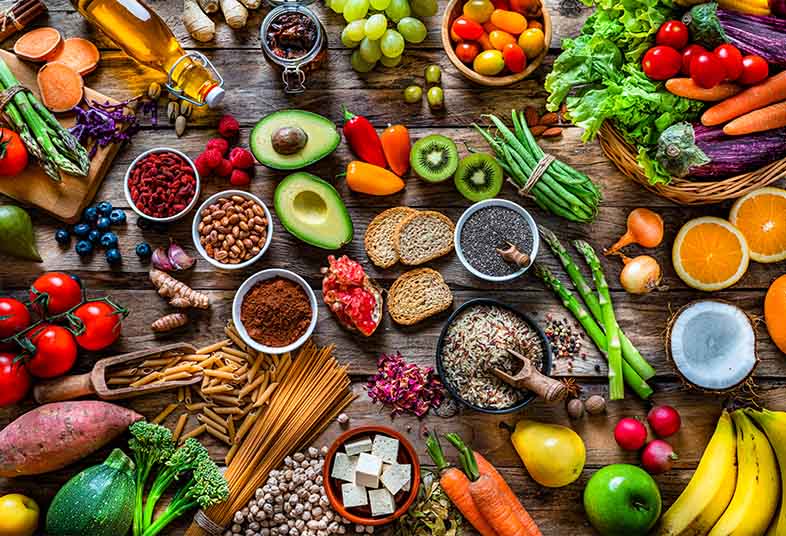
This will mean they won’t feel hungry at night and wake up, which can lead to the need to pee. A good diet also gives your child enough of the good amino acid Tryptophan, which helps us sleep.
How do these nutrients and vitamins help reduce the chance of bedwetting?
Folates and vitamin B12 help establish connections between the brain and other parts of the body via the nervous system. This means that as your child develops, they start to make the connection between needing to pee and actually doing something about it and going to the loo, rather than staying in their bed.
Your child’s last meal of the day should contain protein, carbohydrate and fat, yet be light enough for them not to feel overfull. So, a snack like banana or an egg on wholemeal toast is ideal.
Other foods rich in Tryptophan, B12 and other nutrients include:
- Soya-based foods like tofu
- Cheese
- Seeds and nuts (beware of nut allergies and always supervise your child when eating nuts)
- Eggs
- Fresh vegetables and dried fruit
- Fish and seafood
- Wheat germ, oats, beans and legumes
Does reducing fluids help children stay dry at night?
So, your child keeps wetting the bed and you think that perhaps they have had too much to drink? Perhaps if you reduced the amount of fluids you give your child, they would be dry at night? Well, it’s not so simple as all that.
If you cut down on the amount of fluid your child drinks, their bladder will adjust to the amount of urine it holds – and your child will still wet the bed. It’s also very important to make sure that your child is well hydrated, as being thirsty can lead to other health problems.
It’s best to offer plain water throughout the day, though some diluted squash or juice is also fine.
Try to make sure your child is not just drinking regularly but is being encouraged to visit the loo regularly too. Before bed, limit water to a few mouthfuls to relieve thirst.
Busting myths about bedwetting and food
We often hear that these foods cause bedwetting but what’s true and what’s a myth? Judith shows you what’s what.
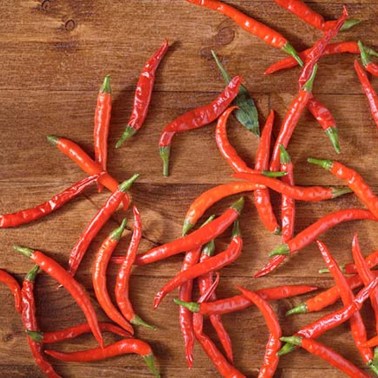
Spicy foods and bedwetting
“Spices such as chilli and cayenne pepper are thought to make the bladder more sensitive. However, many kids aren’t that keen on spicy food, so this one may not be a huge problem!”
Citrus and bedwetting
“Citrus fruits, whether that’s eating oranges, having juice or in other forms, are quite acidic. That can irritate a sensitive bladder and make bedwetting more likely. But there’s lots of other fruit you can give instead.”
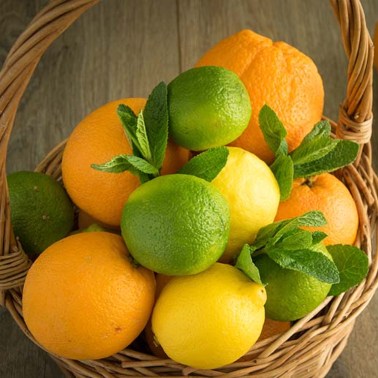
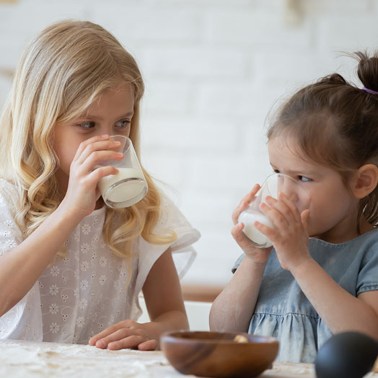
Food allergies and bedwetting
“There doesn’t seem to be any medical evidence that allergens actually cause bedwetting – though if they can create any kind of digestive problem like constipation or diarrhoea, it’s going to make night-time accidents more likely. Avoid them if you can!”
Caffeine and bedwetting
“This is a definite no-no! Caffeine not only keeps your child awake at night and disrupts sleep patterns, it’s also a diuretic and can make us want to pee more often. Kids should not have caffeine in any form, whether that’s in tea, coffee, sodas, energy drinks (these are a definite no) or even chocolate.”
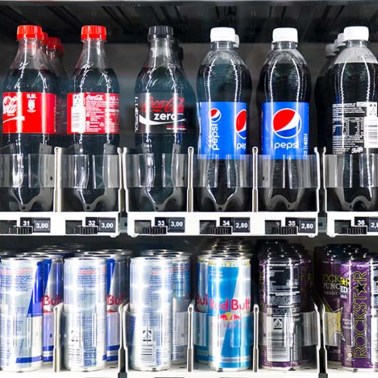
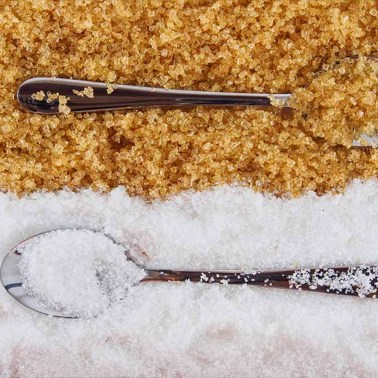
Can too much sugar cause bedwetting?
“Sugar can make us thirsty, so we drink more. So, it seems sensible to be cautious about giving your child sugar before bed. It can also lead to tooth decay, weight gain and other health problems, so stick to a low-sugar diet.”
Eat, drink, sleep, and (hopefully) stay dry at night
We all want our kids to have a good night’s sleep and by paying attention to what they eat, you can—hopefully—help them rule out some of the more uncommon causes of bedwetting.
You should be able to tweak your child’s diet very easily and avoid offering some foods, especially just before bed.
If you have any worries, it’s a good idea to have a chat with your doctor in case there is a physical or medical reason why your child wets the bed.
Making sure they have a good, balanced diet and are well-hydrated is key to having a healthy child and supporting them through this time is essential. This can all be part of a healthy day and bedtime routine—just one way you can help support your child through bedwetting.
And if you are worried about night-time accidents, it’s always worth offering them a pair of DryNites® Pyjama Pants for the night. Just in case.
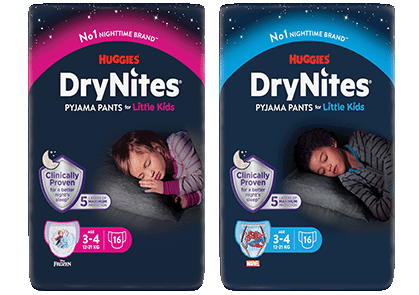



 your parenting partner
your parenting partner